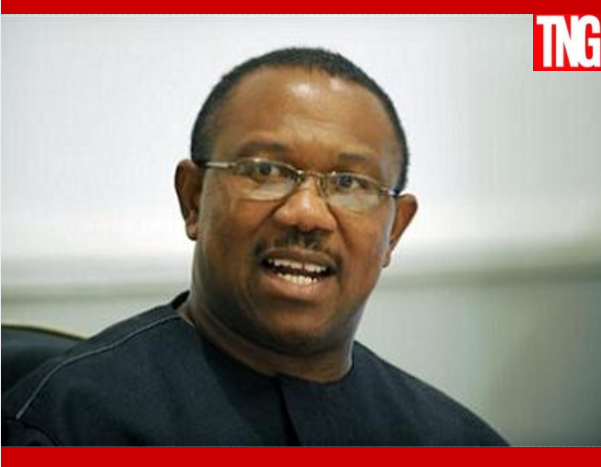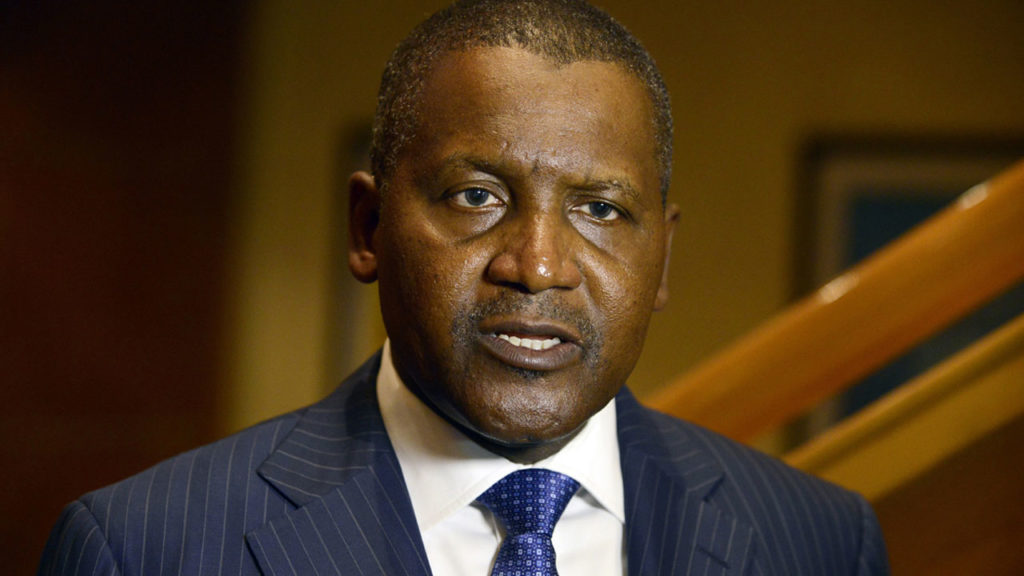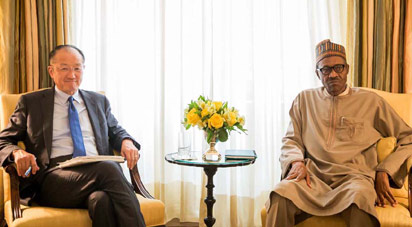…Explains Why National Assembly Hasn’t Transmitted Constitution Amendment Bills To State Legislatures
…Says National Assembly members are not Abuja Politicians
…As State legislatures promise speedy consideration
Speaker of the House of Representatives, Hon Yakubu Dogara, has said that extreme poverty is threatening Nigeria’s democracy.
Speaking when he received a delegation from the Conference of Speakers of Nigerian State Legislatures, led by Hon Ismaila Abdulmumin Kamba, in his office on Wednesday, Hon. Dogara, noted that there is the urgent need for governments at all levels to put the citizens on the path of prosperity in order to save the country’s democracy.
To achieve this, he said, State Houses of Assembly will have to work hard to improve their monitoring of state funds to ensure that they are properly utilised for the betterment of their people as doing this will help lift the vast population of the people from poverty.
He stated, “We know that if something has to be done at the level of government that will translate into a better life of our people, it must begin from the local government level, at the state level, and then before we even talk about the federal level.”
The speaker, however, advised that while they should be fearless in carrying out their responsibilities, they should oversight their state executives without being combative.
“In democracy, we worship no one, we should fear only God but we respect men.
When you have a parliament that only responds to the demands of the executive, there is no way we can make progress. We have to carry out our responsibilities without having any fear at all,” he stated.
“The promise of democracy is basically life, liberty and the pursuit of happiness. It, therefore, means that if a citizen is poor, he is excluded from the promise of democracy. He may have a life but as a matter of fact, his kind of life is even worse than death. So poverty tends to becloud someone’s sense of reasoning and imagination.”
“That is why even at the level of the United Nations, a day has been set aside to talk about the elimination of extreme poverty which excludes citizens of democracy from the promise of democracy and that promise is the pursuit of happiness. If you are poor, you may not have a life and even if you have a life, it may not be desirable. A poor man is not free, you know that very well except you have not tasted poverty. So completely, you are eliminated from the promise of democracy.”
The Speaker, therefore, called on the state MPs to utilise the opportunity in the proposed amendments to approve financial autonomy for state legislatures and local governments councils in order to free themselves from the reins of state executives and strengthen their roles of oversight.
He also explained the delay in the transmission of the Constitution Amendment Bills recently passed by both chambers of the National Assembly to state MPs, saying it is as a result of ongoing consultations between the two Houses to harmonised all areas of differences in order to produce a uniform document.
Condemning the use of the term “Abuja politicians” to describe federal legislators, he noted that most of their work at the federal level is primarily for the development of the grassroots where most of their voters reside.
“At the federal level, whatever we do kind of translate into an impact at the local level where a majority of our people live. As a matter of fact, I find it very funny, if not offensive, that some people refer to some of us as Abuja politicians as if we were voted for here in Abuja. Not minding that our people are there, our brother here who is from Bauchi State knows the kind of struggle we go through during elections. So, as far as I am concerned, it beats my imagination when someone refers to a legislator as an Abuja politician,” he explained.
Earlier, chairman of the Conference of Speakers of Nigerian State Legislatures., Hon Ismaila Abdulmumin Kamba, said they were waiting anxiously for the constitution amendment bills to be transmitted to them for consideration and passage.
He said, “We at the Conference of Speakers are ready to do justice to these issues. We have already concluded that whatever you will transmit to us, we will carry our strata and groups along and agree that whatever the majority may agree on will be carried.”


